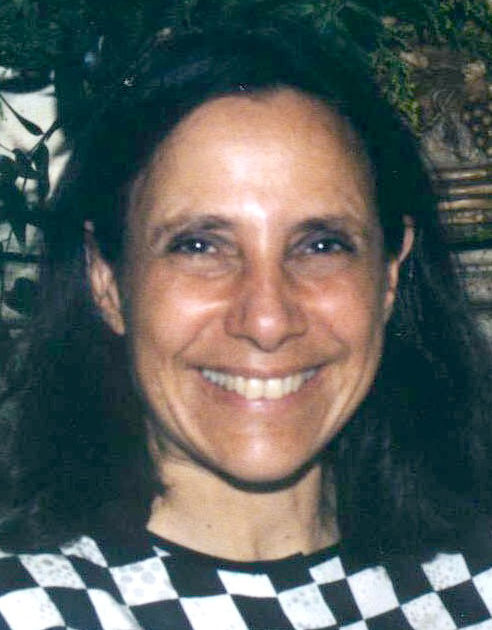It’s commencement season.
Speakers typically offer bromides to the newly minted graduates, about to take their first independent steps into an uncertain future, outside the protected confines of these lofty institutions.
But President Obama’s commencement speech at Rutgers University was not like that. It was a sober reflection formed from the wisdom and experience of nearly eight years at the pinnacle of power, his own valedictory address.
It was meaningful and important and real. And in the end, optimistic.
Rutgers was the perfect place for his address — not just because it was celebrating its 250th anniversary of its founding in 1766 — but that it has become one of the largest universities in the country, with 67,000 students (15,000 graduating on this day, alone) and arguably, the most diverse and more importantly, inclusive.
Indeed, Rutgers is the worst nightmare for the brand of Know Nothingism, nativism, America Firstism that has taken hold of the Republican Party.
“You’re not only better educated, you’ve been more exposed to the world, more exposed to other cultures,” he said. “You’re more diverse. You’re more environmentally conscious. You have a healthy skepticism for conventional wisdom…. You’ll look at things with fresher eyes, unencumbered by the biases and blind spots and inertia… So you’ve got the tools to lead us.”
He proceeded to offer suggestions “you may find useful as you go out there and conquer the world”:
“The “good old days” weren’t that great…. In fact, by almost every measure, America is better, and the world is better, than it was 50 years ago, or 30 years ago, or even eight years ago. “
“The world is more interconnected than ever before, and it’s becoming more connected every day. Building walls won’t change that…. Suggesting that we can build an endless wall along our borders, and blame our challenges on immigrants — that doesn’t just run counter to our history as the world’s melting pot; it contradicts the evidence that our growth and our innovation and our dynamism has always been spurred by our ability to attract strivers from every corner of the globe. That’s how we became America,” he said.
Similarly, in this global economy, you can’t simply shut down trade (as Trump and Sanders would do). “The answer is to do trade the right way.”
“Facts, evidence, reason, logic, an understanding of science — these are good things. These are qualities you want in people making policy. These are qualities you want to continue to cultivate in yourselves as citizens. ….In politics and in life, ignorance is not a virtue.”
Most significantly, he offered a reflection on democracy, on the democratic process — countering much of the anger and frustration that is fueling the rush to “outsiders” and charismatic leaders, and challenging these young people to take civic responsibility.
In a swipe at both Bernie Sanders and Donald Trump, he listed important changes like Medicare, Social Security and environmental protections, and said, “None of these changes happened overnight. They didn’t happen because some charismatic leader got everybody suddenly to agree on everything. It didn’t happen because some massive political revolution occurred. It actually happened over the course of years of advocacy, and organizing, and alliance-building, and deal-making, and the changing of public opinion. It happened because ordinary Americans who cared participated in the political process.
“Look, if you want to change this country for the better, you better start participating.”
It is that way about growing income inequality, he said, citing a laundry list of policy changes he has proposed to address inequality that have been blocked in Congress, which brought him to his key point: lack of voter participation, particularly by young people
“The four who stayed home determined the course of this country just as much as the single one who voted,” he said. “Because apathy has consequences. It determines who our Congress is. It determines what policies they prioritize.
“And, yes, big money in politics is a huge problem. We’ve got to reduce its influence. Yes, special interests and lobbyists have disproportionate access to the corridors of power. But, contrary to what we hear sometimes from both the left as well as the right, the system isn’t as rigged as you think, and it certainly is not as hopeless as you think.”
The democratic process, he said, “means voting, and it means compromise, and organizing and advocacy, it also means listening to those who don’t agree with you,” chastising colleges that have refused speakers for their political stance. On the other hand, he noted that at a time when there is more information available at the click of a mouse than any time in human history, people gravitate to the sites that confirm their biases, often that ply misinformation.
But, he ended, “Is it any wonder that I am optimistic? Throughout our history, a new generation of Americans has reached up and bent the arc of history in the direction of more freedom, and more opportunity, and more justice. And, Class of 2016, it is your turn now to shape our nation’s destiny, as well as your own.”



